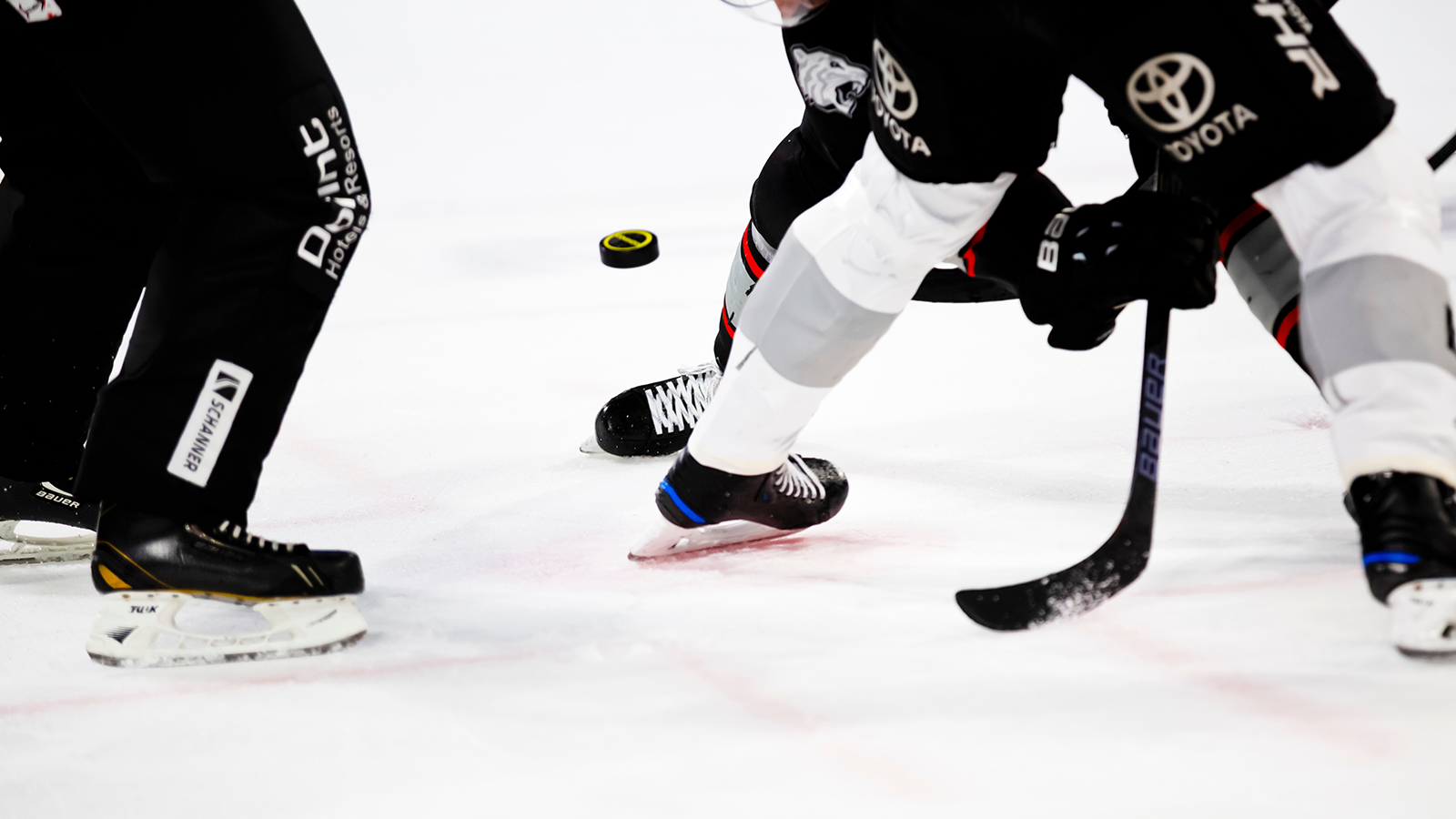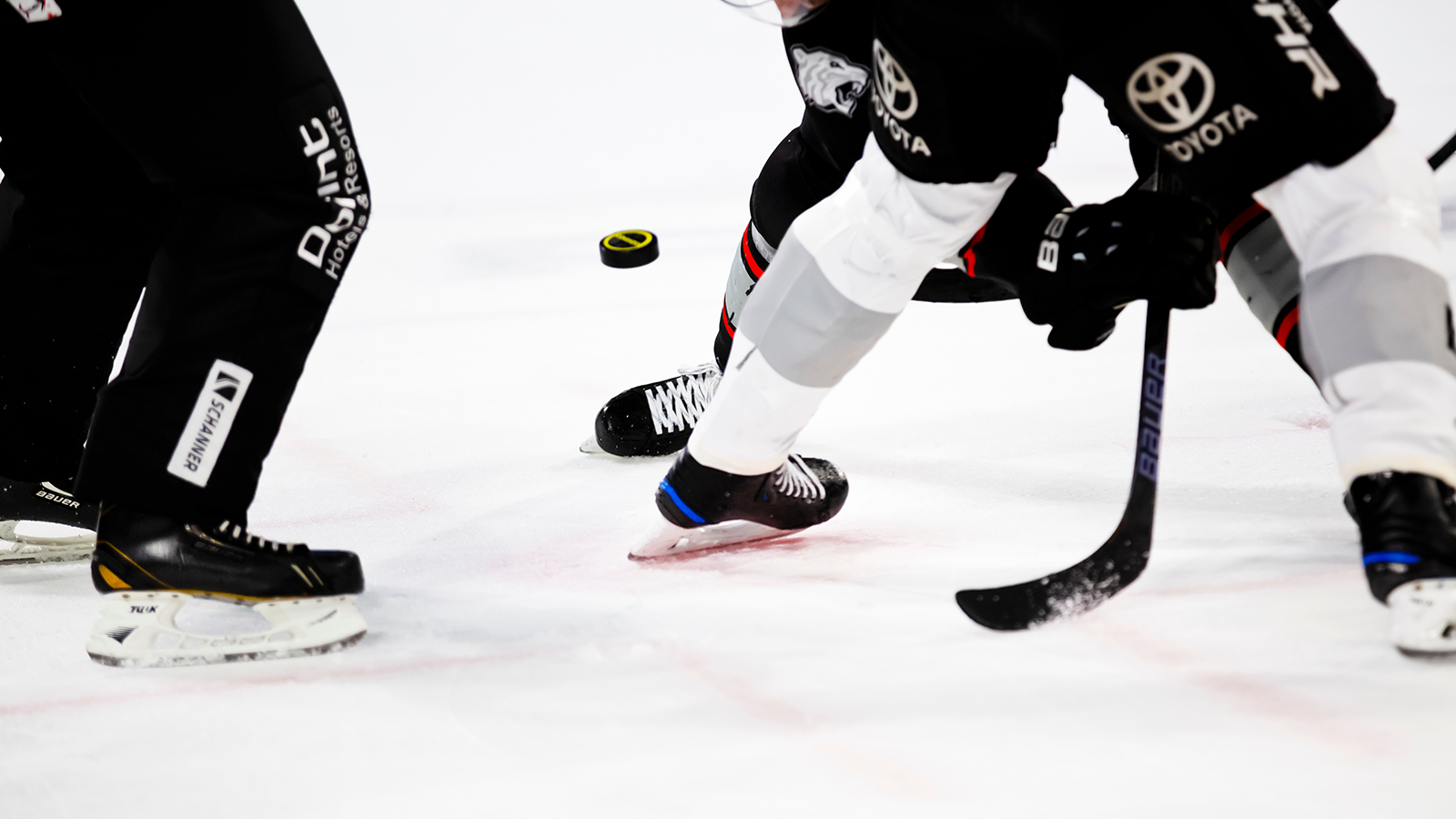
The NHL Alumni Association, NEEKA Health Canada and Canopy Growth Corp. in early March 2019 announced a clinical research partnership to investigate the efficacy of cannabinoids as part of a novel treatment for post-concussion neurological diseases in former NHL players.
The double-blind study will include 100 former players from all different eras of the game — including those who played with and without helmets – to attempt to determine the medicinal value of marijuana among those dealing with impairments from past concussions, including depression, post-traumatic stress disorder (PTSD), and progressive dementia.
The hope is that the results of the study will lead to new cannabinoid-based therapies that help athletes, along with adults who suffer from the aftermath of brain injuries from accidents and other activities.
The study is expected to begin in summer 2019 and take one year to complete.
Athletes Share Anecdotal Evidence
Riley Cote played his role as an enforcer in the hockey rink, taking on fights with other players in response violent or dirty play by the opposing team. He recalls vividly the anxiety he felt before games, knowing there was a good chance he’d have to combat some of the opponent’s biggest and toughest players.
“I was fighting 30-35 times a year,” he told the audience at the 2018 Cannabis Science Conference in Portland, Oregon.
Cote was speaking on the “Docs & Jocks” panel hosted by Dr. Uma Dhanabalan. Other panelists were Eben Britton, a former player in the National Football League (NFL), former National Basketball Association (NBA) player Cliff Robinson, and Anna Symonds, a former Women’s Premier League rugby player. Panelists spoke about dealing with pain and mental health issues during and after their careers as professional athletes and how cannabis has helped them.
Photo by Gerhard Crous
The consensus was that cannabis is a better alternative than opioids and other powerful but legally prescribed drugs that athletes are given to keep them competing and working through pain.
A growing body of research also shows that cannabis could help address the symptoms chronic traumatic encephalopathy (CTE) in professional athletes. One Israeli study on rats and mice with head trauma found that endocannabinoids increased blood flow and circulation in the brain, thus boosting tissue health and reducing brain damage.
Cote believes he already has solid anecdotal evidence that cannabis can help athletes. He first tried cannabis recreationally at age 15, and then again when playing in the minor leagues to deal with anxiety and pain.
He halted use when he was picked up by the NHL’s Philadelphia Flyers. Frequent air travel for road games prevented him from taking cannabis through security checks, and fear of getting caught using cannabis prompted to stop altogether.
He instead followed traditional protocols prescribed to professional athletes, such as painkillers, muscle relaxers, sleeping pills, “the whole bit.”
“It didn’t very take very long for the performance to drop,” he said. “That’s when I really kind of understood the destructive nature of these pharmaceuticals.” Cote’s body and mind took a beating over the course of eight seasons in the NHL, and he was forced to retire at age 28 in 2010.
“I think I had fought over 250 times and taken at least five to 10 punches a fight,” he said. “I was certainly a punching bag for a part of my life.”
Retirement as such an early age landed him at mental crossroads. He began to make major lifestyle changes, such as quitting drinking for a year, learning new things, including learning about Chinese medicine, and researching the history, prohibition, and nutritional value of cannabis.
“I felt I could manage concussions and mental health issues with CBD [cannabidiol] oil and THC,” he said. “That was my path. I felt almost better immediately.”
Cote’s mental health soon returned to “a good place.” In 2016 he founded The Hemp Heals Foundation, a nonprofit that supports a holistic approach to optimum health. He also started speaking publicly about cannabis, and during the course of his talks, he ran into several athletes who used cannabis to help them with their pain and anxiety.
“What I’ve learned in this experience is that we’ve been fundamentally misled, and we’ve trusted the people that we’re supposed to trust,” he said.
What I’ve learned in this experience is that we’ve been fundamentally misled (about cannabis). Click To Tweet
Fellow “Docs & Jocks” panelist Britton told a similar tale. Britton played six years in the NFL with the Jacksonville Jaguars and Chicago Bears. He was suspended by the NFL for four games for an unspecified policy violation, which he later revealed was a positive test for Ritalin during the 2014 season, and didn’t sign with a team after his 2014 contract with the Bears expired.
Britton later became an advocate for removing cannabis from the NFL’s list of banned substances. Britton, who has acknowledged in interviews he used cannabis before games, says he used it as a preferred method of pain management during his playing career.
Britton grew up with parents who emphasized a healthful lifestyle founded on good nutrition, exercise and doctor’s visits only as last resort, but when he got in the NFL that foundation was forced into a back seat.
“It’s really an avalanche of pharmaceuticals,” he said of his NFL experience, in which opiates such as Vicodin, Percocet and OxyContin were regularly prescribed to players. “You’re on a daily regimen of pharmaceutical prescription drugs.”
Britton at one point in his playing career was required to undergo back and shoulder surgery, and was prescribed opiates for the pain during recovery. His experience with the strong painkillers included a decline in mental health, cold sweats, other withdrawal symptoms, and craving more pills.
Although he knew cannabis could help him decompress, deal with pain and get a good night’s rest, he often resisted using it for fear of getting caught and called out by his coaches and teammates.
“I was horrified of that thought,” he said. “They’ve been convinced that cannabis is evil. Frankly, it’s bullshit.”
They’ve been convinced that cannabis is evil. Frankly, it’s bullshit. Click To Tweet
During life after football, he’s used cannabis to help his transition to a new existence. “It’s been a blessing for me and my family,” Britton said, adding that cannabis has helped him become a better father and husband.
Study Stakeholders Are Hopeful
Athletes such as Britton and Cote look to cannabis for relief, and they seem to be doing their best to spread the word to other athletes about the effectiveness of using marijuana to cope and reduce reliance on potent pain medications. The hope is that the NHL study could lend some hard facts to the lesson they’re preaching.
“NHL alumni gave everything they had during their careers, but the physical consequences after they hang up their skates can be devastating for both players and their loved ones for the rest of their lives,” Glenn Healy, executive director of the NHL Alumni Association, said in a statement announcing the study. “This study offers alumni the promise of help and hope, and we are excited to participate in what could become a true game-changer in allowing these professional athletes to finish strong.”











